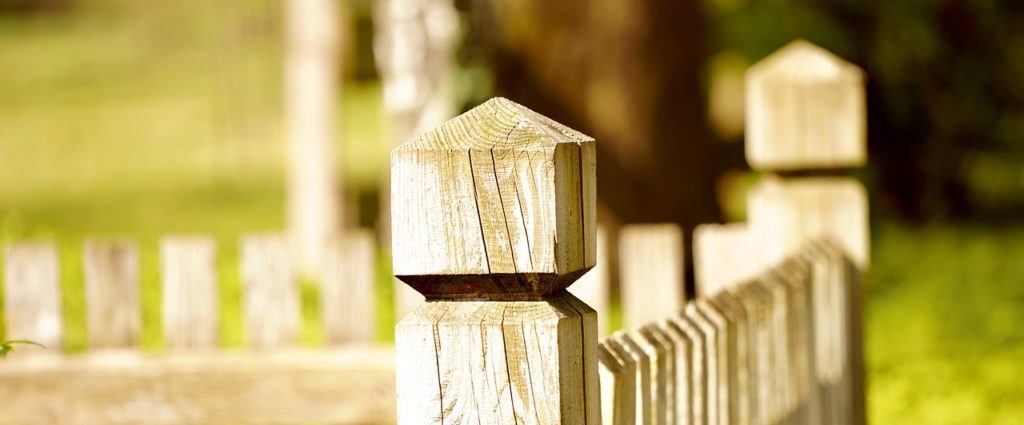When reading the news these days, it’s easy to get really overwhelmed: COVID-19, extreme weather events, social unrest, and a dismantling of democracies are common headlines today. It seems like the world is spinning out of control.
But does it though? Are we really at the brink of collapse?
Now, just to take the edge off at this point, I will tell you that I believe there is no easy answer to that question. Some days I feel like the world will implode soon. Other days, I’m more hopeful. Above all, however, I want to remain realistic and optimistic.
What matters?
We live in times with laser-speed communication AND multiple crises happening at the same time. Neither of those facts does us any favour for our human comprehension of what’s going on.
I just recently watched Sir David Attenborough’s documentary on “Extinction: the Facts” and it got me thinking about biodiversity loss. That was at a time as I was researching the effects of climate change on our mental health. My husband and I were also watching “Chernobyl” and I went through phases of disbelief of how our hunger for energy is threatening entire nations. At the same time, my friend in Chicago was witnessing the protests against police brutality, and my brother in Germany was telling me about his handling of the complete lockdown of public life. My attention was beginning to stretch really thin.
What was it that actually mattered to me?
I began pondering this question then and have been ever since. There are things that affect me and my mental capacities more than others. What are they?
There is a quote by the aforementioned Sir Attenborough which I really like: “We are facing a crisis, one that has consequences for us all.” (Sir David Attenborough in “Extinction: The facts”, BBC 2020.) He was speaking about biodiversity loss but I don’t want to stop there. Any crisis in our world today has consequences for us all – for us alive today and for generations to come. And the tragic thing is that we are aware of the crises. We can name “biodiversity loss”, “climate change”, “nuclear waste”, “social unrest”, “pandemic” – these crises all have names and we can bring them to our consciousness. But more often than not, they stay there. We have seen them, named them, and then it’s time to move on.
Moving on?
However, I don’t want to move on. I don’t feel like ‘getting on with life’ is my kind of response to any of the crises I hear about and think about. And yet, I feel I am stuck in my tracks because every crisis overwhelms me in their own right. Who am I to do anything about anything?
As a trained counsellor, I know the answer and I tell my clients all the time: listen within. What can you see, hear, feel, taste, smell that can guide you in the right direction? What does your gut tell you? Asking these questions is the easy part, answering them the hard one. How can I be who I am when I’m bombarded with information from all different sides? How can I make sense of myself when I barely have time to go to the toilet? How can I do justice to everything that’s going on?
Let me tell you my answer to all these questions: I need to learn to turn down my inner critic. I need to turn down that little voice that tells me I need to ‘get it right’ and that I ‘don’t care enough’ if I don’t pay attention to everything.
I once read that it helps to turn my inner critic into my neighbour. My neighbour will always be there, sometimes we have a chat over the fence, sometimes she vents to me about something, sometimes I hear her yelling. But I know I don’t have to have her over for coffee (or if I do, I can serve that coffee that’s been sitting at the back of my cupboard) but she will always be there. And she will always watch my every move and randomly comment. But I can choose to let her be and walk passed her.
And that is my only way of dealing with the magnitude of crises we are in today. I listen within and decide for myself what I pay attention to. And even though Sir Attenborough really wants me to do something about biodiversity loss, I will have to tell him that my energy will have to be spent elsewhere today.
And that is okay!
If you enjoyed this article, you might be interested in my Udemy course “Develop personal respond-ability in times of climate change”. It’s available now!

